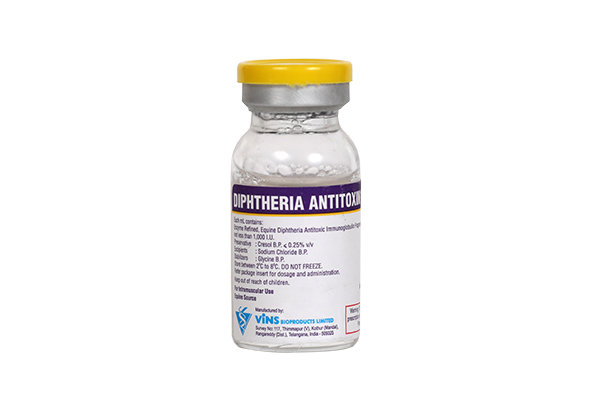
Nigeria’s National Emergency Task Force and Coordination for Diphtheria has reported a concerning surge in diphtheria cases in Kano, Yobe, Katsina, Borno, Kaduna and Bauchi states. Authorities have swiftly initiated vaccination campaigns to counter the alarming outbreak.
The executive director of the National Primary Health Care Development Agency (NPHCDA), Dr. Faisal Shuaib co-chaired this critical task force. He addressed the media on Tuesday in Abuja, where he divulged the gravity of the situation.
This re-emergence of diphtheria, which resurfaced in December 2022, has placed an enormous strain on the healthcare system, particularly affecting several states. Kano, Yobe, Katsina, Borno, Kaduna and Bauchi are currently grappling with the most severe consequences of the outbreak, collectively representing a staggering 97 per cent of all reported cases.
Kano, in particular, is bearing the brunt of the crisis, as it accounts for over 84 per cent of the total cases, cementing its position as the epicentre of the outbreak.
Most alarmingly, over 73 per cent of the affected individuals are children aged 1 to 14 years, and shockingly, only around 18 per cent of these youngsters have received any form of vaccination.
Shuaib emphasised that vaccination has emerged as the primary weapon in the nation’s battle against the diphtheria outbreak. Two key vaccines are being employed in the fight: the Pentavalent vaccine, administered to children aged 6 weeks to 4 years, and the Tetanus-diphtheria (Td) vaccine, provided to children aged above four years to 14 years.
In recent months, comprehensive vaccination campaigns have been diligently carried out across the affected regions, with a pronounced focus on the outbreak’s epicentre. Kano State, the hardest-hit, has conducted three rounds of vaccination campaigns, particularly targeting high-burden local government areas. In addition to Kano, the response has expanded to include Kaduna, Katsina, Bauchi and Yobe, all of which have executed vaccination campaigns in high-burden areas. These efforts are further supplemented by daily routine vaccinations conducted at government healthcare facilities nationwide.
Shuaib disclosed that during the Phase One response in August 2023, hundreds of thousands of children received vaccinations. Kano alone witnessed 476,962 children receiving TD vaccines and 28,700 children receiving Penta vaccines. Other states, including Katsina, Bauchi, Kaduna and Yobe, have also reported significant numbers of vaccinated children.
As of September 23, 2023, the Phase Two round table of the diphtheria outbreak response commenced in seven of the high-burden states, with each state actively participating in these efforts.
Recognising the paramount importance of community trust and engagement, dedicated teams have been tirelessly working on the ground to interact with communities, address inquiries, and alleviate concerns. Comprehensive approaches, such as public health advisories, social and behavioural change materials, media engagement, and sensitization campaigns targeting various community stakeholders, are being deployed.
The government remains steadfast in its commitment to both containing the outbreak and fortifying healthcare systems to ensure vaccine availability and enhance response capacity for future outbreaks. Collaboration with partners, including GAVI, the vaccine alliance, continues to expedite the procurement and delivery of additional vaccines.
While vaccines are a cornerstone of the response, other interventions such as the use of face masks, frequent handwashing, and maintaining physical distance have been underscored as essential tools in reducing airborne transmission of the diphtheria-causing bacteria. It is crucial to implement these measures without stigmatising or discriminating against affected individuals.
Nigeria’s fight against the diphtheria outbreak represents an ongoing endeavour that underscores the government’s unwavering commitment to safeguarding the health of its citizens. However, it must be stressed that this battle cannot be won by the government alone. Active participation from every citizen is indispensable, including getting children vaccinated and encouraging others to do the same. Public cooperation and adherence to safety measures will be pivotal in overcoming this outbreak.

